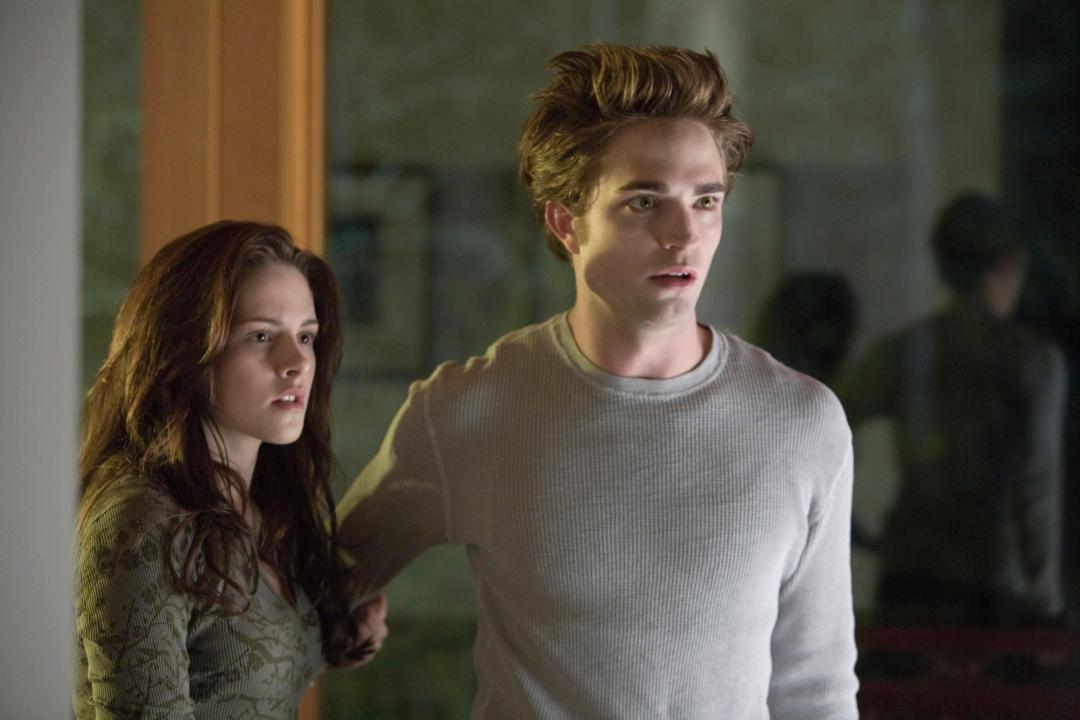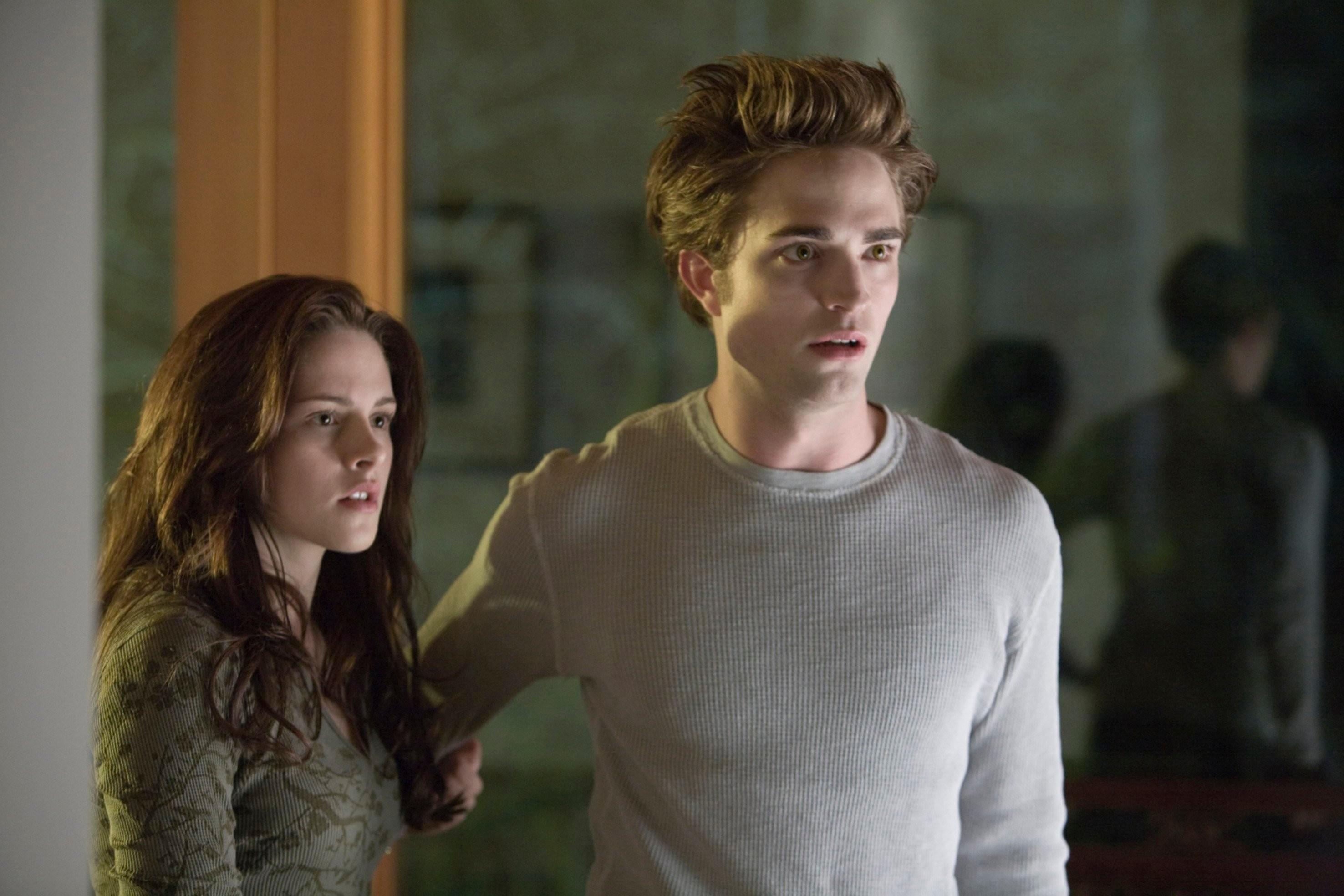Kneeling for Black Lives Matter, making pronoun declarations, and taking children to drag queen story hours: some things will be forever associated with ‘peak woke’. With any luck, these actions will soon become so unfashionable that no one will ever own up to having dabbled. Sadly, however, not all relics from this past mania are so easily discarded. Trigger warnings – those few words that promise safety from emotional distress by giving away the endings of novels and plays – continue to proliferate.
In recent months, theatres have proved to be the most fertile breeding ground for these pesky plot spoilers. Back in December, Bromley Little Theatre warned those attending its production of Nicholas Nickleby that the play contained ‘Dickensian slurs’. Frankly, I’d want my money back if it didn’t. Audiences were also told to be prepared for ‘murder, sexual assault, kidnap, mental illness [and] sexism’. In January, the Royal Shakespeare Company tipped off parents bringing children to see its adaptation of Hans Christian Andersen’s The Red Shoes, to prepare for ‘stage blood, derogatory language, scenes of grief and physical cruelty’. Thank goodness they clarify that the blood is not real!
The continued use of trigger warnings means I’m not yet ready to celebrate woke’s demise
March brought with it a warning to theatre-goers off to see Agatha Christie’s Murder on the Orient Express that they will encounter ‘themes of death, grief and guilt’ as well as ‘reference to, and depictions of, murder and manslaughter’ and ‘reference to, and depictions of, weapons.’ Again, I’d be Googling ‘Trade Descriptions Act’ if it did not. Then, like all good thesps, summer saw the trigger warning migrate to Edinburgh. A fringe performance of Macbeth warned viewers of violence, swearing, and ‘distressing themes’. But if prizes are being handed out, then the Royal Opera House must surely take first place. Last week, it warned audience members to prepare themselves for a curtain-up bell that ‘is loud and can be startling’.
Now, with the new academic year, trigger warnings are back in their native environment: the university. Literature students at City St George’s, University of London, will be warned about all manner of disturbing themes that have a nasty habit of popping up in books, including ‘eating disorders, difficult pregnancies and non-traditional or blasphemous religious beliefs’.
A Freedom of Information request submitted by the Telegraph reveals that lecturers in charge of the ‘contemporary genre fiction’ module have a penchant for ‘vampire’ stories. Dracula, I Am Legend, a 1954 horror novel by Richard Matheson, and Twilight, the 2005 book by Stephenie Meyer, feature on the reading list.
Let’s leave to one side the merits or otherwise of requiring university students to read popular ‘young adult’ page-turners when there are so many more worthwhile novels they could be studying. These rather tame books come with a trigger warning for ‘toxic relationships, apocalyptic themes, sexually transmitted diseases, and mental anguish’. Bizarrely, the vampire-themed list also warns of ‘taboo’ depictions of cannibalism.
Clearly, University of London staff take a very dim view of their own students if they think they need telling not only that vampire books feature cannibalism but that this practice is actually ‘taboo’. Protect me, please, from those students who see novels as instruction manuals! But as the theatre trigger warnings show, it is not just lecturers who think we’re all either idiots or forever teetering on the edge of a nervous breakdown. It seems our cultural guardians see themselves as the last line of defence when it comes to safeguarding not just our mental health but also our morals.
The continued use of trigger warnings means I’m not yet ready to celebrate woke’s demise. The idea that people are emotionally fragile – particularly to threats to their identity – is one of the key principles that has underpinned everything from transgender rights activism to the rise of critical race theory. But trigger warnings have never just been about emotional safety. They’ve always had a political component, too. Warnings about sexism, racism, classism, ‘outdated language’, and ‘toxic relationships’ plant a red flag over any text or play. This is less about protecting mental health and more about prompting an emotionally correct response. Don’t sit back and simply enjoy this production, we are being told. Don’t think this book is just a good read. Keep your guard up and prepare to condemn wrongthink.
The excesses of the woke era may be less visible than they were just a couple of years ago. But the continued pox of trigger warnings, like the lingering after-effects of a horrible virus, means a relapse cannot be ruled out.









Comments